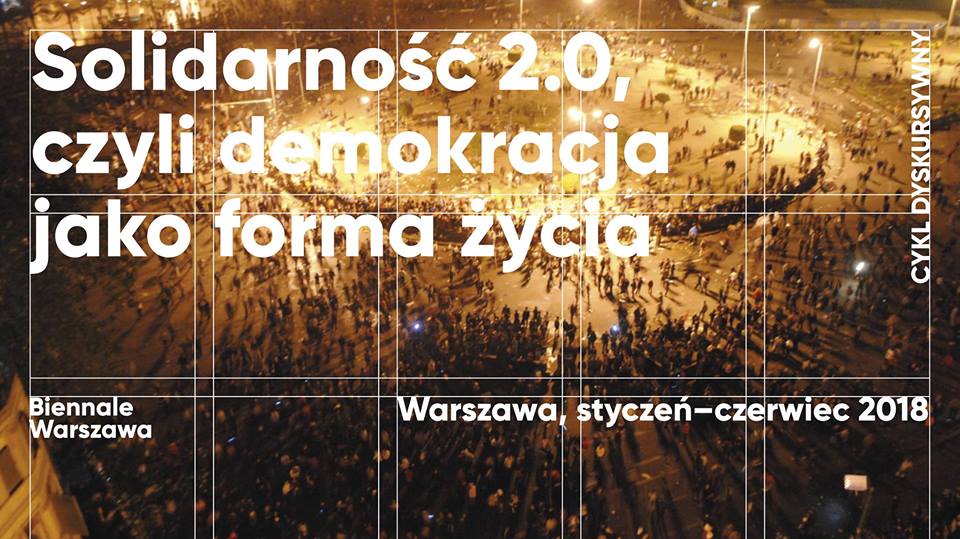Is global democracy possible?
Part I: two centuries of democratization
Lecture by Jan Sowa

Parliamentarism has been undergoing a continuous development over the last two centuries. During this time, it has expanded in two directions: geographical, covering many countries on all inhabited continents; and social, drawing into its orbit other groups once excluded from the right to vote (poor people, ethnic minorities or women). This story allows y answer a few key questions for the project of establishing global democracy. Can inclusive, pro-democratic patterns of a political organization be fundamentally incompatible with some cultural norms or values? And if so, what are they? Is capitalism a foe or an ally of democracy? What are the consequences of colonial domination for democratization? What values and social norms are most strongly correlated with democratic culture? Finally, what is the correlation between the endeavour of democratization and the other emancipatory struggles – for the material inequalities, the freedom of media and the empowerment of women and ethnic minorities?
| Data | Czas | Tytuł | Miejsce | Wstęp |
|---|---|---|---|---|
|
June 5 2018
, 18:00
Tuesday
|
18:00 |
Is global democracy possible?
|
Biennale Warszawa 29A Mokotowska Street (MO29A) |
Free entry |